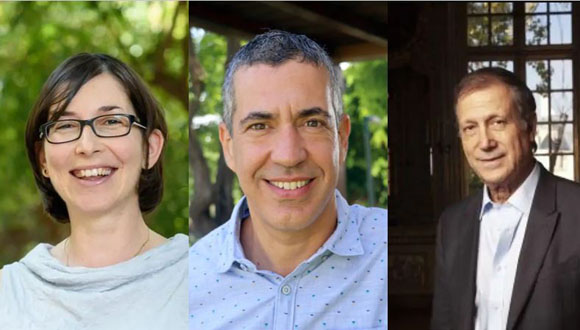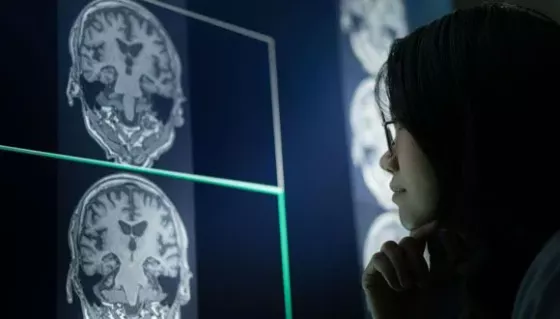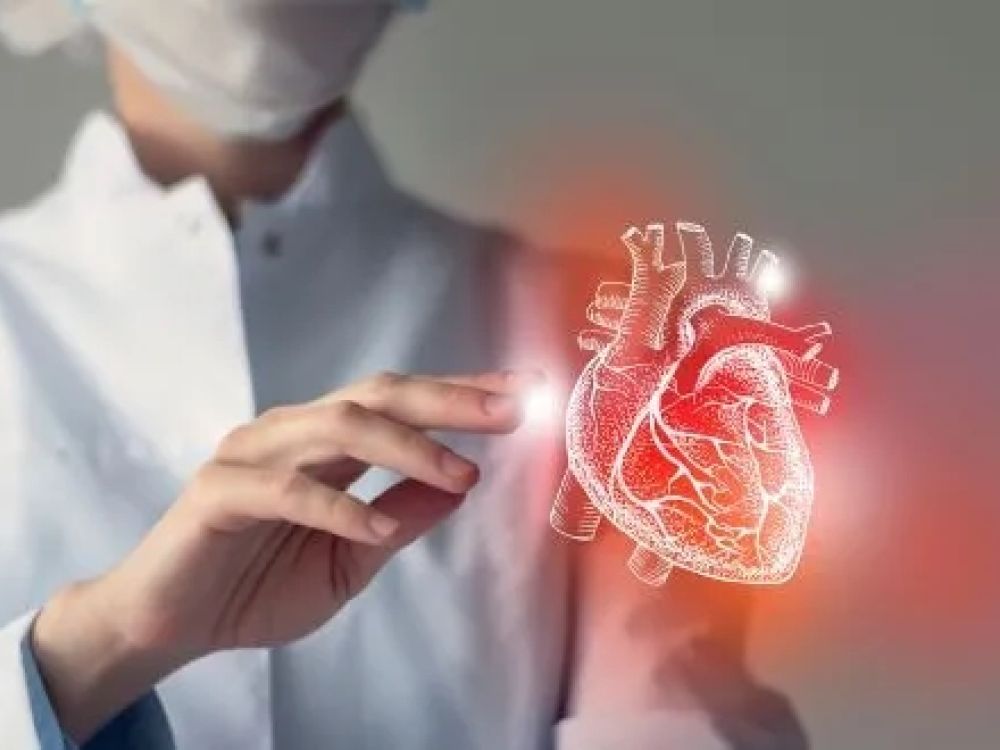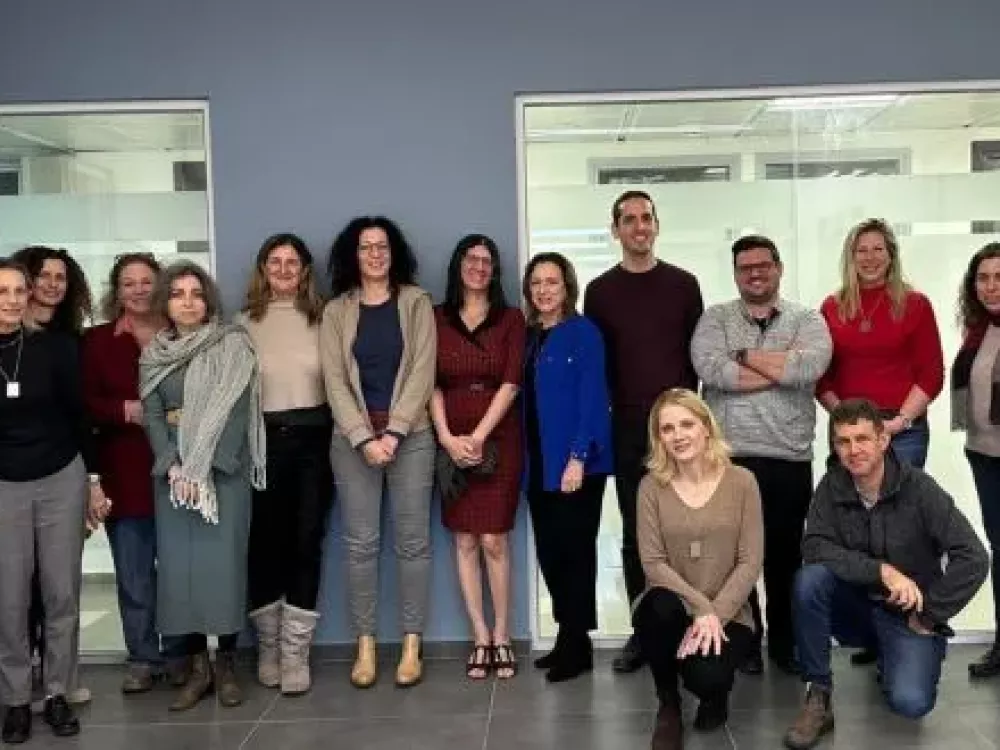While a good night’s sleep is known to be critical for the consolidation of long-lasting memories, so far there has been little evidence regarding the precise processes at work during human sleep. A breakthrough study demonstrated for the first time that long-lasting memories are consolidated in the human brain through communication between the hippocampus and the cerebral cortex during sleep. Moreover, the researchers found that by inducing deep-brain stimulation during sleep they can improve memory consolidation. They believe intervention during sleep represents a unique approach that can be further developed in the future to provide hope for people with memory impairments such as dementia.
Enhancing Memory Consolidation During Sleep
The unique study, which was published in the leading journal Nature Neuroscience, involved an international collaboration led by Dr. Maya Geva-Sagiv (today at UC Davis). The study was a collaboration between the laboratories of Prof. Yuval Nir from the Sackler Faculty of Medicine, Department of Biomedical Engineering at The Iby and Aladar Fleischman Faculty of Engineering, and Sagol School of Neuroscience at Tel Aviv University, and Prof. Itzhak Fried from the Department of Neurosurgery at UCLA and the Sackler Faculty of Medicine at Tel Aviv University.
“Intervention during sleep represents a unique approach that can be further developed in the future to provide hope for people with memory impairments such as dementia.” – Prof. Yuval Nir

The researchers (from left to right): Dr. Maya Geva-Sagiv, Prof. Yuval Nir and Prof. Itzhak Fried
“This study was made possible by a rare group of 18 patients with epilepsy at the UCLA Medical Center,” says Prof. Nir. “Prof. Fried implanted electrodes in these patients’ brains to try and pinpoint the areas that cause their epileptic seizures, and they volunteered to take part in a study investigating the effects of deep-brain stimulation during sleep. Close work with expert neurologists led by Prof. Dawn Eliashiv at UCLA enabled our team to integrate advanced brain stimulation in the research. Thus, we were able to test, for the first time in humans, the long-held hypothesis – that coordinated activity of the hippocampus and cerebral cortex during sleep is a critical mechanism in consolidating memories.”
“Moreover, we improved memory consolidation through a special stimulation protocol that enhanced synchronization between these two areas in the brain. Intervention during sleep represents a unique approach that can be further developed in the future to provide hope for people with memory impairments such as dementia.”
“In this study we directly examined the role of neural activity and electrical brain waves during sleep. Our goal was to enhance the natural mechanisms at play, to discover exactly how sleep assists in stabilizing memories.” – Dr. Maya Geva-Sagiv
Unraveling Mechanism
“We know that a good night’s sleep is critical for the consolidation of long-lasting memories, but so far, we had little evidence regarding the precise processes that are at work during human sleep,” explains Dr. Maya Geva-Sagiv. “In this study we directly examined the role of neural activity and electrical brain waves during sleep. Our goal was to enhance the natural mechanisms at play, to discover exactly how sleep assists in stabilizing memories.”
The researchers developed a deep-brain stimulation system that improves electrical communication between the hippocampus – a deep-brain region involved in acquiring new memories, and the frontal cortex – where memories are stored for the long term. By monitoring activity in the hippocampus during sleep, the system enables precisely timed delivery of electrical stimulation to the frontal cortex.
The study’s participants completed two memory tests, and their performance was compared after two different nights – one undisturbed and one with deep-brain stimulation. On both occasions, they were asked in the morning to recognize famous persons whose pictures they had been shown the previous evening. The study found that deep-brain stimulation significantly improved the accuracy of their memory.
“To our surprise, we also discovered that the intervention did not significantly increase the number of right answers given by participants, but rather reduced the number of wrong answers. This suggests that sleep sharpens the accuracy of our memory…” – Prof. Yuval Nir
Sharpening Memory Accuracy
“We found that our method had a beneficial effect on both brain activity during sleep and memory performance,” says Prof. Fried. “All patients who had received synchronized stimuli to the frontal cortex demonstrated better memory performance, compared to nights of undisturbed sleep. The control group, which received similar yet unsynchronized stimuli, showed no memory improvement. Our deep-brain stimulation method is unique because it is close-looped – stimuli are precisely synchronized with hippocampal activity. In addition, we monitored the stimuli’s impact on brain activity at a resolution of individual neurons.”
“Our findings support the hypothesis that precise coordination between sleep waves assists communication between the hippocampus that takes in new memories, and the frontal cortex that stores them for the long term,” adds Prof. Nir.
“To our surprise, we also discovered that the intervention did not significantly increase the number of right answers given by participants, but rather reduced the number of wrong answers. This suggests that sleep sharpens the accuracy of our memory, or in other words, it removes various distractions from the relevant memory trace.”
The study was supported by grants from the US National Institutes of Health (NIH), the European Research Council (ERC), the US National Science Foundation (NSF), the US-Israel Bilateral Science Foundation (BSF), and the Human Frontier Science Program (HFSP). The paper’s other co-authors are: Prof. Dawn Eliashiv, Dr. Emily Mankin, Natalie Cherry, Guldamla Kalender, and Dr. Natalia Tchemondanov of UCLA, and Dr. Shdema Epstein from Tel Aviv University.









